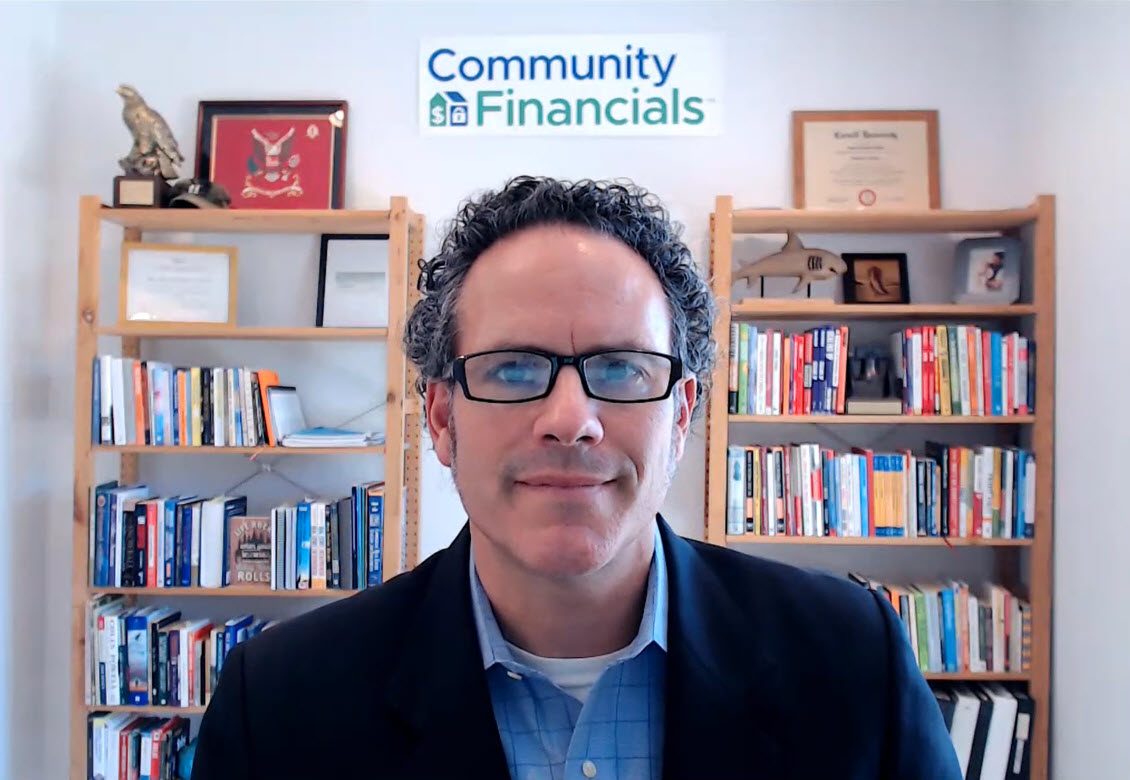Complying with State Regulations: Can Your Self-Managed Association Keep Up?
As if the job of managing a condo, HOA, or other common interest community association wasn’t challenging enough, many self-managed associations are facing additional challenges from increasing and constantly changing state regulations around the country. You have to ask yourself this question when it comes to complying with state regulations: can your self-managed association keep up?
The first step is to make sure you are keeping current on regulations impacting your community association. State laws, both old and new, are readily available and largely online. One of the best resources comes from the Community Associations Institute (CAI). Their website has links to all of the various state laws online at https://www.caionline.org/Advocacy/StateAdvocacy/Laws/Pages/default.aspx. Follow the link to your state to find a list of your local state laws and resources to assist you in maintaining compliance. It requires time and a good bit of reading to keep current but a diligent self-managed community association can certainly keep up on what’s happening in their state with regards to changing laws and report compliance.
Here are two examples of state regulations from the states with the most community associations in the country: Florida Statute 718.111(13): an association that operates fewer than 50 units regardless of the association’s annual revenues shall prepare a report of cash receipts and expenditures. Associations with over $150,000, $300,000 or $500,000 of revenue are required to prepare compiled, reviewed and audited financial statements respectively. These annual financial statements must be sent to the owners within a specified time frame.
In California if your association fails to: 1) file a tax return (Rev. & Tax Code §23301), 2) pay taxes (Rev. & Tax Code §§23301.5, §23775), 3) file a “Statement by Domestic Nonprofit Corporation” with the Secretary of State. (Corp. Code §2205.) or 4) file a “Statement by Common Interest Association” with the Secretary of State. (Corp. Code §2205.) they could lose its corporate name, cannot file or defend itself against lawsuits, loses the right to enforce contracts (any contract is voidable) and loses the right to get an extension to file a tax return. (If interested can read more here).
The association attorney is another option that self-managed associations can turn to. Attorneys that specialize in community association law keep current on the changing landscape of legislative compliance for their clients. They have a specialized knowledge of these laws and advise their clients on how best to keep in compliance. While this is a valid option for self-managed associations, many find the cost of relying on their association attorney for this information to be cost exorbitant as normal attorney fees apply for any advice given. Also, the attorney only offers advice; it is up to the association to put that advice into action.
The association’s accountant is another reliable resource although cannot be thought of as a legally responsible party for keeping the association records in compliance. While highly skilled and well trained, accountants typically prepare the forms they are asked to prepare. A well-meaning self-managed association might not even know about a new report that was required to be filed because of some new state regulation. Without direction from the association, the accountant would simply file reports and paperwork as directed by the association.
The best solution would be for a self-managed association to consider hiring a firm that specializes in the accounting and reporting tasks associated with community associations. A dedicated HOA bookkeeping and accounting firm can bring great “peace of mind” when it comes to keeping your self-managed association in compliance with current and future state-mandated reports. The reason is simple. This type of business is highly specialized and dedicated to helping self-managed community associations succeed from a financial standpoint. They already have all of the accounting information necessary for filing these reports and their fees are quite reasonable when compared with other options.
Still need more convincing? I invite you to spend some time on my business website, Community Financials, at https://communityfinancials.com and see if outsourcing your community association bookkeeping and accounting isn’t the right choice for your self-managed association. It is all we do and we will make certain your self-managed condo, HOA, or other common interest community keeps compliant with your local government reporting requirements. It’s the best decision you can make to keep your self-managed association in compliance with state regulations.
What is your board doing when it comes to complying with state regulations: can your self-managed association keep up? Have an example of increasing or continually changing state regulation you’d like us to consider adding as an example to this blog post? Email it to: info@communityfinancials.com.

